Inside the first public US hearing on UFOs in half a century
Reports of unidentified aerial phenomena have doubled in the last year, say intelligence officials

A free daily email with the biggest news stories of the day – and the best features from TheWeek.com
You are now subscribed
Your newsletter sign-up was successful
US Congress has held its first public hearing on unexplained aerial phenomena (UAPs) – more commonly referred to as UFOs – for the first time in half a century, taking testimony from top intelligence officials.
The hearing brought together top intelligence officials and members of Congress on both sides of the aisle, and left them in agreement that “UAPs are indeed real, though they still remain a mystery”, said Forbes.
The House Intelligence Counterterrorism, Counterintelligence, and Counterproliferation Subcommittee, also known as the C3, held an open hearing, followed by a closed, classified briefing.
The Week
Escape your echo chamber. Get the facts behind the news, plus analysis from multiple perspectives.

Sign up for The Week's Free Newsletters
From our morning news briefing to a weekly Good News Newsletter, get the best of The Week delivered directly to your inbox.
From our morning news briefing to a weekly Good News Newsletter, get the best of The Week delivered directly to your inbox.
Turning over a leaf on transparency
The hearing follows the release of a Congress-ordered report on UAPs last June, which found that out of dozens of reported incidents, only one could be explained.
The nine-page “Preliminary Assessment” from the Office of the Director of National Intelligence (ODNI) focused on 144 incidents dating back to 2004 but only one object was identified, as “a large, deflating balloon”, said CBS.
The unidentified flying objects are almost certainly real, as “at least 80 of the 144 incidents were detected by multiple sensors, the report found”, said the broadcaster.
“UAP clearly pose a safety of flight issue and may pose a challenge to U.S. national security,” said the report.
A free daily email with the biggest news stories of the day – and the best features from TheWeek.com
The hearing is designed to follow up on the national security and flight safety questions raised by the report, with committee members stressing that the government was “determined to turn over a new leaf of investigation and transparency”, said Forbes.
The stigma of reporting
In his opening remarks, subcommittee chairman Rep. Andre Carson said that “stigma” associated with reporting UAPs had got in the way of “good intelligence analysis” of UAP incidents.
“Pilots avoided reporting or were laughed at when they did. DOD [Department of Defense] officials relegated the issue to the backroom or swept it under the rug entirely, fearful of a sceptical national security community,” said Carson.
“Today, we know better. UAPs are unexplained, it's true. But they are real. They need to be investigated. And any threats they pose need to be mitigated,” he added.
The theories on UFOs
The hearing took testimony from Ronald Moultrie, the under secretary of defence for intelligence and security, and Scott W. Bray, deputy director of naval intelligence.
Last year’s ODNI report suggested that there was simply not enough data to identify most objects, although speculated on a number of theories including “airborne debris, natural atmospheric conditions, technology from foreign adversaries or top-secret U.S. government technology, and a catch-all miscellaneous category that the authors simply called ‘other’”, said Forbes.
Bray told the hearing that the quantity of data now being gathered was improving, and that the number of unidentified flying objects reported by the military had doubled in the last year to about 400 incidents.
But Moultrie told the hearing that there was still “insufficient data” to make sufficient conclusions. “We have insufficient data either on the event itself, the object itself or insufficient data,” said the intelligence official. “So it’s a data issue that we’re facing.”
It is unlikely that any unexplained aerial phenomena have an alien origin, said Bray, who told lawmakers that “the UAP task force doesn’t have any wreckage that isn’t explainable, that isn’t consistent with being of terrestrial origin”.
-
 6 of the world’s most accessible destinations
6 of the world’s most accessible destinationsThe Week Recommends Experience all of Berlin, Singapore and Sydney
-
 How the FCC’s ‘equal time’ rule works
How the FCC’s ‘equal time’ rule worksIn the Spotlight The law is at the heart of the Colbert-CBS conflict
-
 What is the endgame in the DHS shutdown?
What is the endgame in the DHS shutdown?Today’s Big Question Democrats want to rein in ICE’s immigration crackdown
-
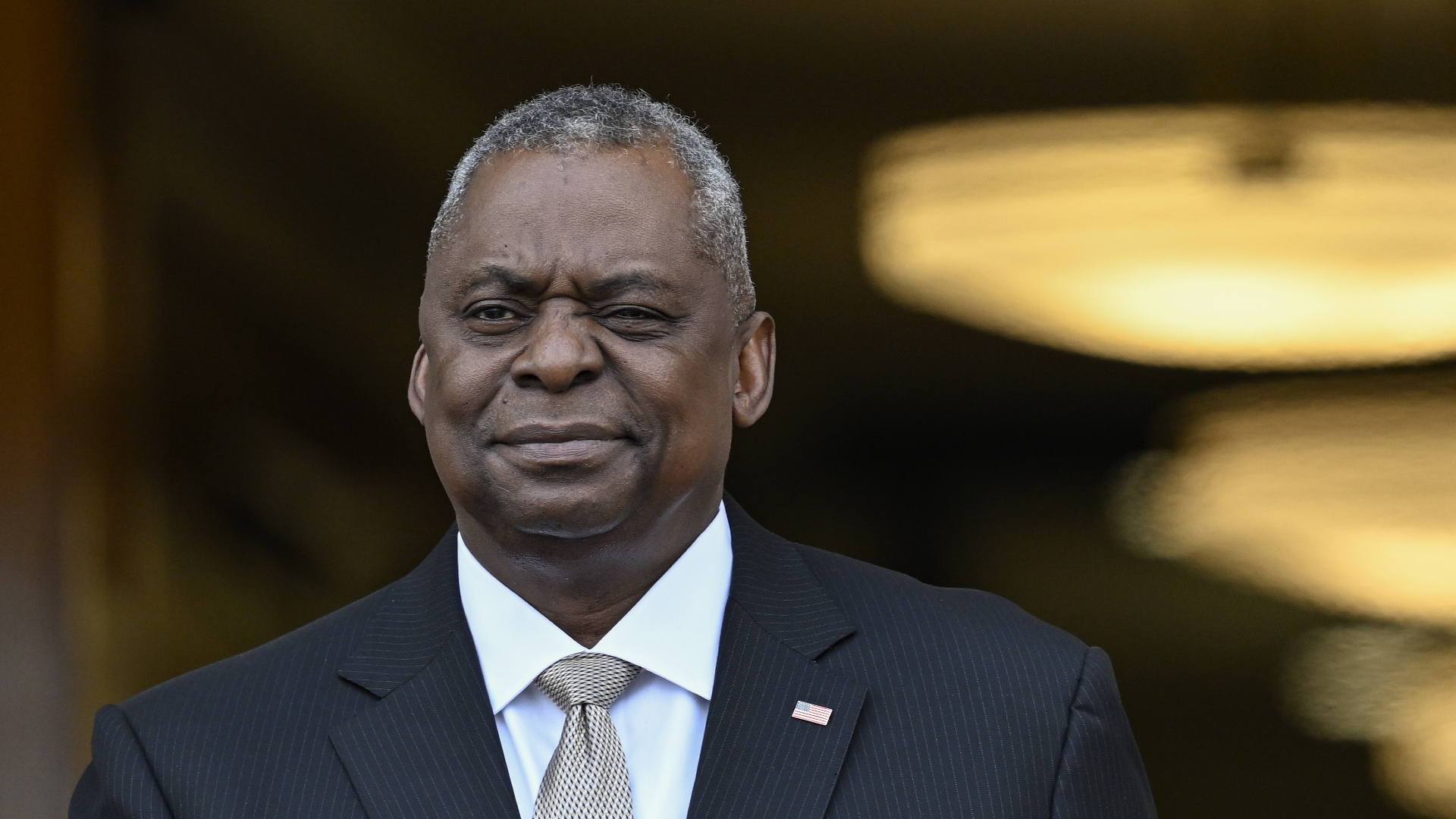 Pentagon struggles to explain Defense Secretary Lloyd Austin's secret hospitalization
Pentagon struggles to explain Defense Secretary Lloyd Austin's secret hospitalizationSpeed Read The intensely private Pentagon chief kept even President Joe Biden in the dark about his illness for 3 days
-
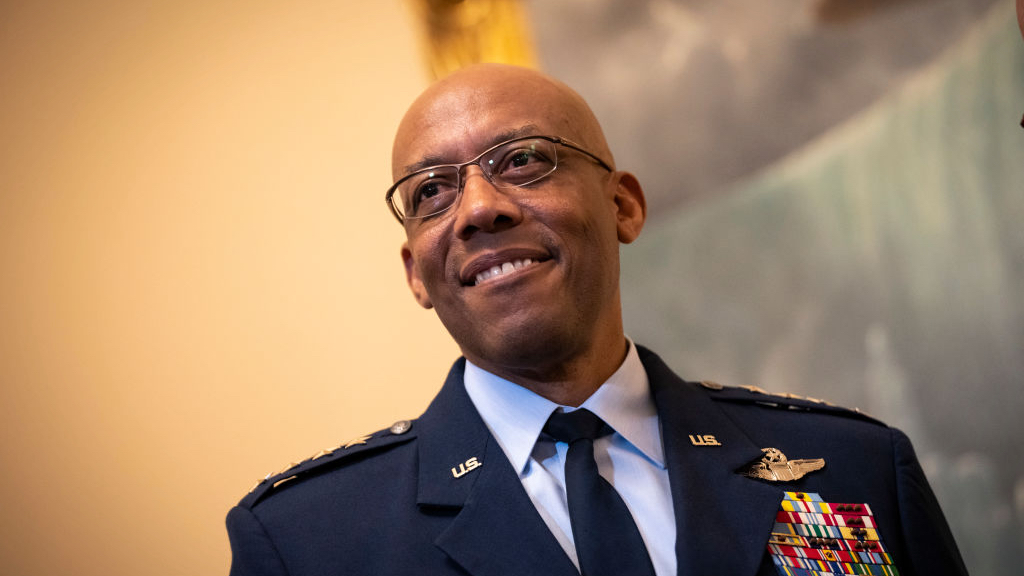 Senate confirms next top US military chief, doesn't solve Tuberville blockade
Senate confirms next top US military chief, doesn't solve Tuberville blockadeSpeed Read Sen. Tommy Tuberville is still holding up more than 300 senior military officers from promotion
-
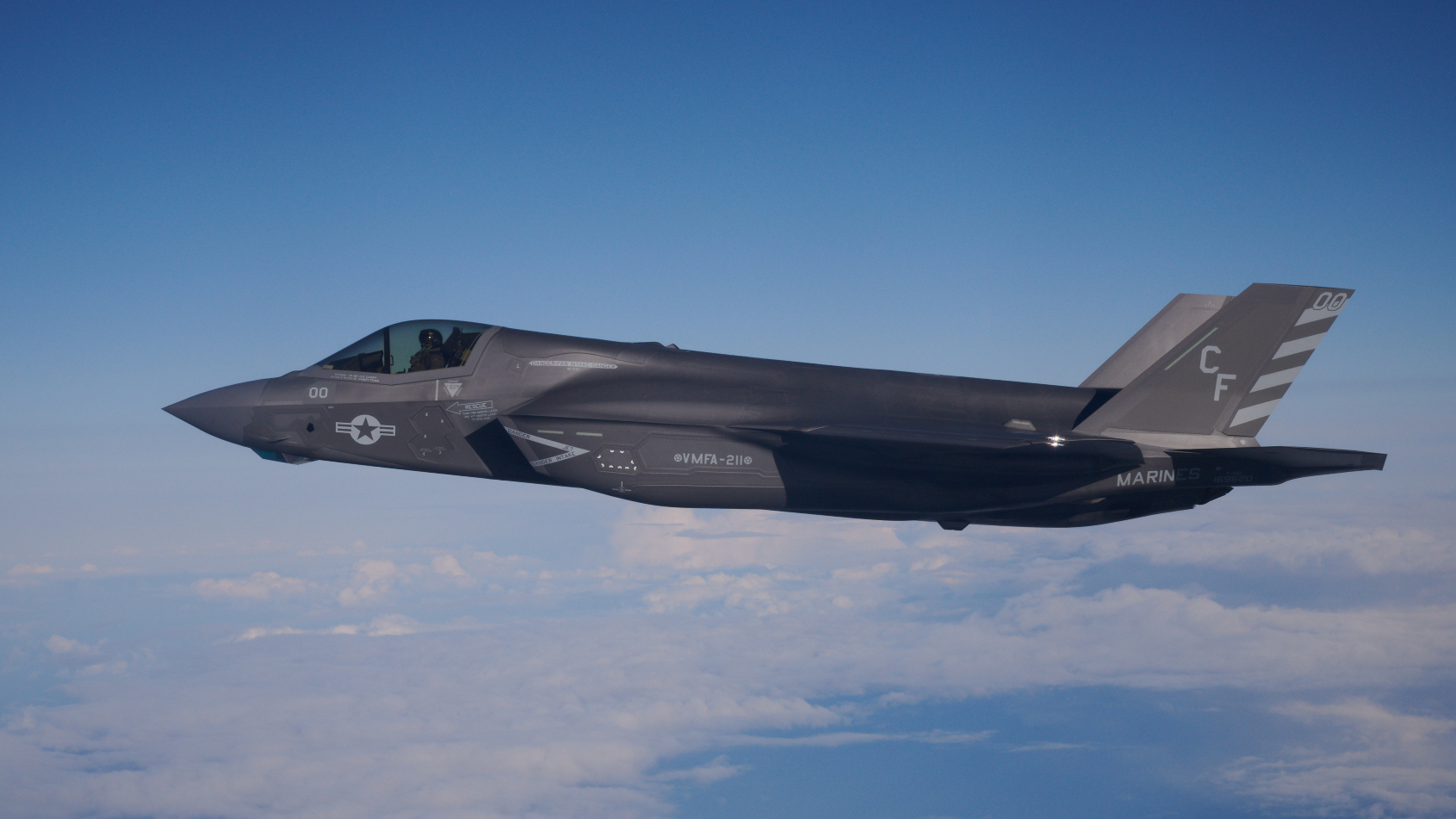 Marine Corps F-35 fighter jet missing after 'mishap' over South Carolina
Marine Corps F-35 fighter jet missing after 'mishap' over South CarolinaThe U.S. military can't find a very advanced, very expensive fighter jet
-
 Daniel Ellsberg: whistleblower who leaked the Pentagon Papers
Daniel Ellsberg: whistleblower who leaked the Pentagon Papersfeature Once dubbed ‘the most dangerous man in America’, the official claimed never to have regretted leaking
-
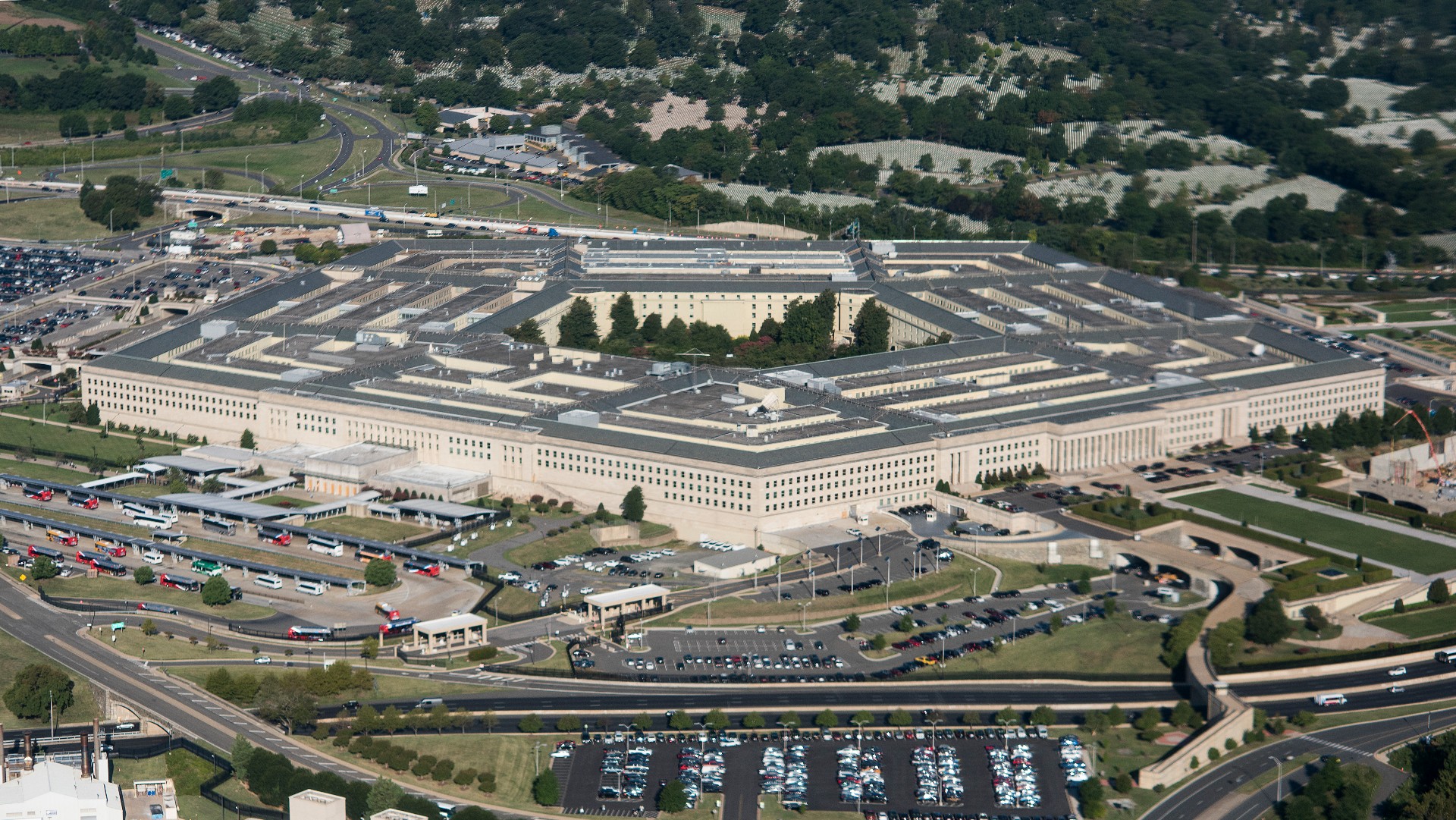 The Pentagon docs: America’s worst intelligence leak in a decade
The Pentagon docs: America’s worst intelligence leak in a decadefeature Classified files reveal Ukrainian military vulnerabilities, penetration of Russian intelligence and information on US allies
-
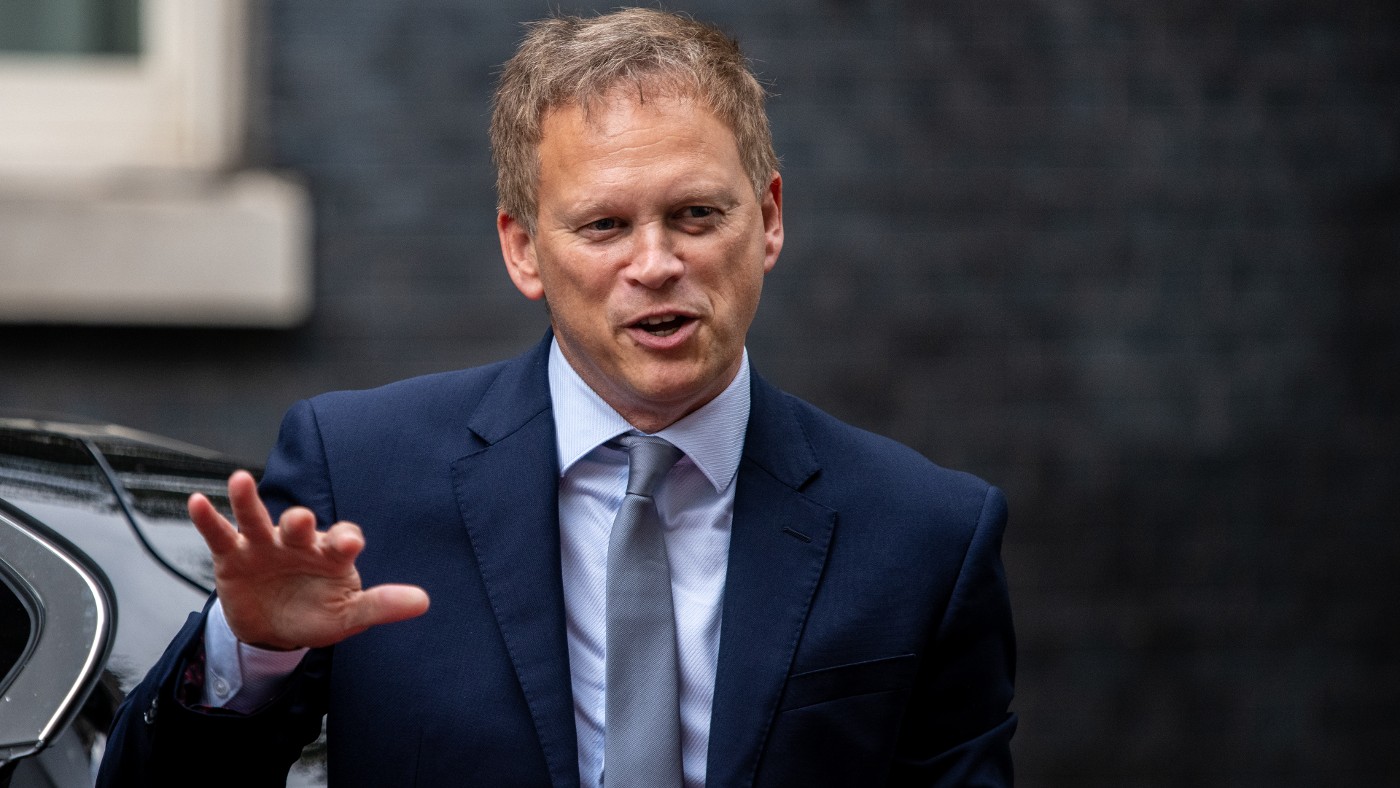 The mystery of the sanction-busting plane that flew from Inverness to Moscow
The mystery of the sanction-busting plane that flew from Inverness to MoscowIn the Spotlight Jet left Scottish airport after flights were banned between UK and Russia
-
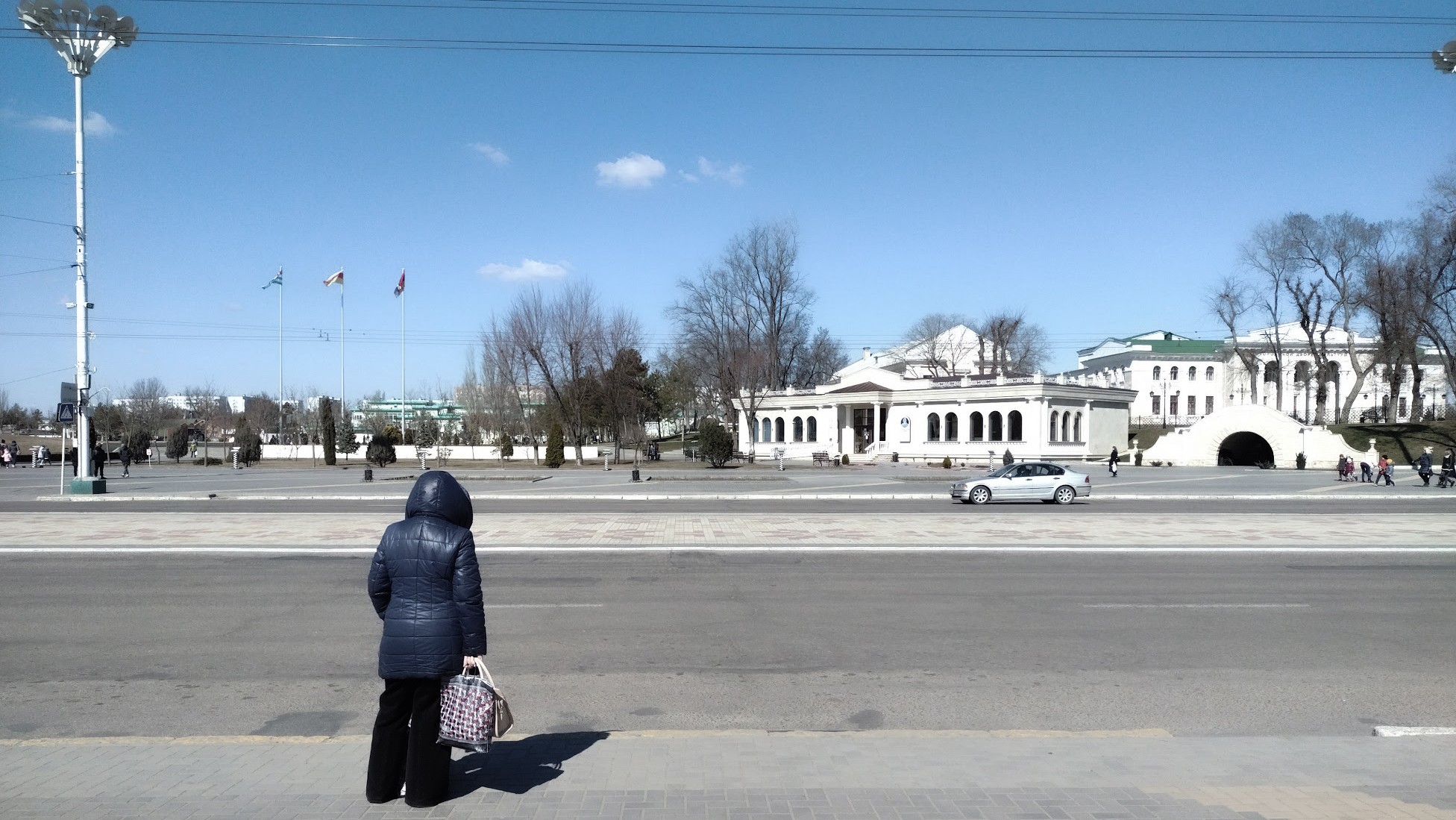 Transnistria: the breakaway republic in the Kremlin’s sights
Transnistria: the breakaway republic in the Kremlin’s sightsIn the Spotlight Russian general says Moscow aims to create a ‘corridor’ across southern Ukraine to Transnistria
-
 The darker side to Homes for Ukraine
The darker side to Homes for UkraineIn the Spotlight Hosts have made sexual advances to refugees and relationships have ‘fallen apart’